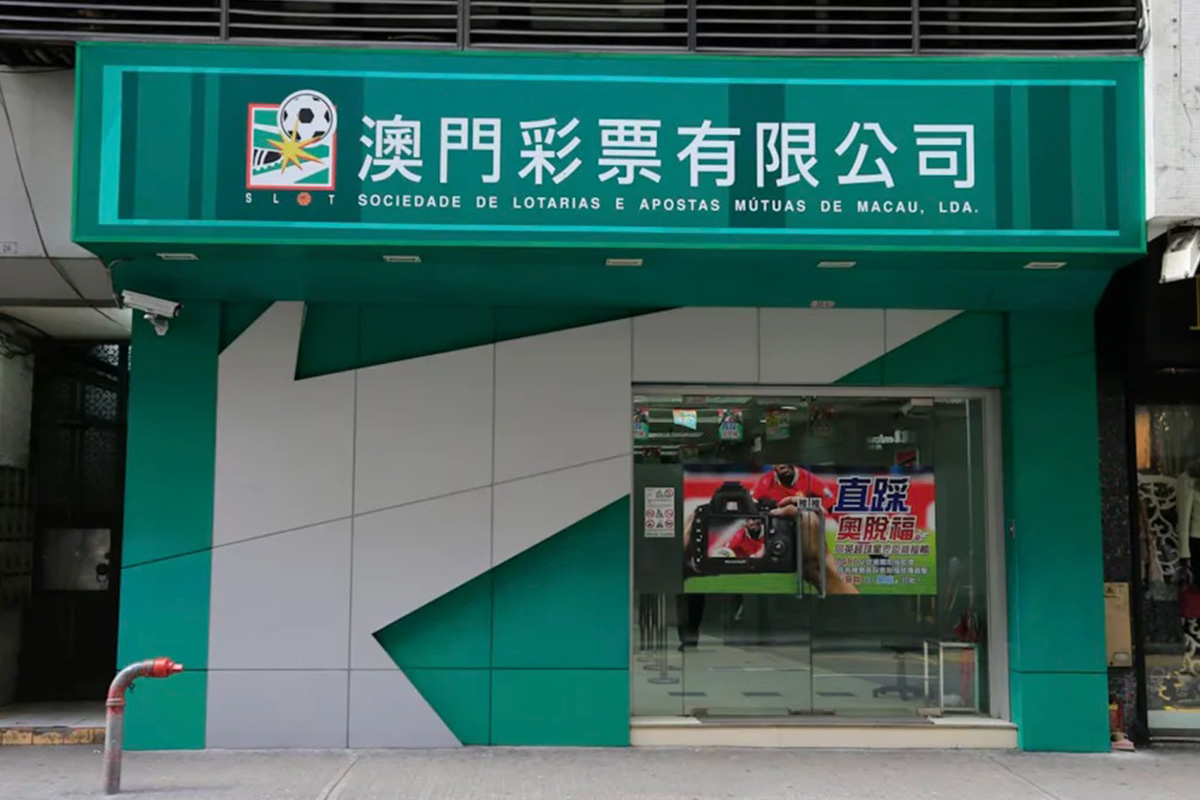Asia
Spintec and APE to renew their exclusive distribution agreement for Southeast Asia
The cooperation between Spintec Gaming Technology and Asia Pioneer Entertainment Limited (APE), which has started more than 10 years ago, has proven beneficial for both parties and has yielded important business success in the region. APE as the largest electronic table game distributor in Asia has now become the exclusive distributor for Spintec products beside Macau also in Singapore, Philippines, and Malaysia, while also remaining their trusted partner in Vietnam and Cambodia.
The 3-year exclusive distribution agreement covering the large part of Southeast Asia is providing both partners with a valuable gambit to tackle the demands of the fast-growing market in the post-pandemic era. As the market is opening and growing, both partners will be taking advantage of their strong market positions and superior products to enhance their presence in the region even further.
Their previous cooperation has brought exceptional results in all the markets of the region, but especially in Macau. With its sheer size and tight regulation, but especially with the introduction of the EGM 2.0 standard, the Macau market is becoming one of the most demanding gaming markets in the world. Spintec products are of extremely high quality and have been hugely popular in Macau, not least because of the excellent services provided by APE. Spintec products are also fully compliant with all the regulations in Macau, including the EGM 2.0, so the partners are confident that their presence in this highly demanding market will continue to flourish.
Maria Garcia, Sales Director at APE for Macau & Southeast Asia, says of the cooperation: “It is truly an honor to be working with a producer of electronic table games of such high quality and a partner that is fully committed to growing in this important region.” Mitja Dornik, Regional Sales Manager at Spintec, agrees: “Our performance in Southeast Asia is growing day by day and we are thrilled to see that APE is helping us extremely on this path.”
Herman Ng Man Ho, CEO at Asia Pioneer Entertainment Limited, emphasises the importance of the high product quality in their partnership: “As the largest electronic table game distributor in Asia, it is our company policy to work with the best producers in every segment and Spintec is definitely a part of the ETG elite.” Spintec’s CEO Goran Miskulin is also extremely proud with their cooperation with APE: “Asia Pacific is one of the most important regions for us and we are thrilled to be cooperating with a partner that recognises our advantages and is able to translate them into a strong market presence.” Goran Sovilj, Spintec’s Global Sales Director, recognises the challenges of the Southeast Asian markets: “These markets are very lucrative, but only if the commitment to quality and service diligence is paramount. We realize that we need a strong and reliable partner to deliver in this region and with APE we have found just that.”
Asia
Macau Government Extends Lottery Concession of Macau Slot Until 5 June 2026

The Macau government has extended the lottery concession of Macau Slot Co Ltd for one year until 5 June 2026.
The concession renewal was published in the official gazette on Wednesday. Further extensions may be granted, subject to mutual agreement between the Macau government and Macau Slot.
As part of the renewal terms, Macau Slot is required to gradually reduce its number of non-resident employees and actively collaborate with the government to recruit and retain local talent.
Earlier this month, the government held a meeting with Macau Slot representatives to discuss the extension. According to the Gaming Inspection and Coordination Bureau (DICJ), the city’s industry regulator, Macau Slot committed to cutting 35% of its non-local, non-skilled workforce—equivalent to 26 positions—by the first quarter of 2026. The company also pledged to make further reductions to its foreign labour quota in the future. Currently, non-local staff account for 15% of the total workforce at Macau Slot.
“Over the past year, despite fluctuations in the macroeconomic environment and slower economic recovery in neighbouring regions, the local economy has remained relatively stable under the guidance of the Macau SAR government’s policies,” Macau Slot said in a statement.
“Looking ahead, we are committed to further diversifying our sports betting products to meet customer demand, while upgrading our information technology infrastructure to stay current and deliver more comprehensive sports betting services.”
The post Macau Government Extends Lottery Concession of Macau Slot Until 5 June 2026 appeared first on European Gaming Industry News.
Asia
QTech Games strengthens its elite suite with Bigpot Gaming

Emerging-markets leader expands its all-encompassing library with exciting new slots portfolio
The post QTech Games strengthens its elite suite with Bigpot Gaming appeared first on European Gaming Industry News.
Asia
Polemos Announces Partnership with Guinevere Capital

Polemos, a Web3 gaming infrastructure platform, has announced a strategic partnership with Guinevere Capital, a prominent esports and gaming investment firm known for its investments and advisory roles in projects such as GiantX, iTero, Perion, Skybox and various other projects across the industry. Guinevere Capital has established a strong reputation for its work across global Web2 gaming titles, including League of Legends, Valorant, Rocket League and many more. This partnership aims to leverage the combined expertise of Polemos.io and Guinevere Capital to enhance and further monetise audiences across publishers, infrastructure players, gaming companies, studios and platforms.
The collaboration will focus on integrating advanced asset management and engagement tools from Polemos.io’s Forge platform with Guinevere Capital’s extensive network and experience in both Web2 and esports ecosystems. This will create new monetisation opportunities and improve player experiences by bridging traditional gaming with blockchain-enabled innovations.
Carl Wilgenbus, CEO of Polemos.io, said: “Partnering with Guinevere Capital marks a significant milestone in our mission to expand access to gaming rewards and unlock new revenue streams for the entire gaming industry. Together, we will empower publishers and studios to better engage their audiences and capitalize on the evolving landscape of gaming and esports.”
“Polemos has built an impressive piece of infrastructure that has plugged a huge gap in the gaming sector. We look forward to working with them to commercialise this,” said Dave Harris, a partner at Guinevere Capital.
Dave’s previous experience includes investing in and operating top teams and leagues in the Riot Games and Activision Blizzard ecosystems.
Guinevere Capital’s strategic involvement will accelerate the adoption of blockchain gaming infrastructure while supporting the growth of esports and gaming communities worldwide. This alliance underscores a shared vision to drive innovation, education and monetisation in the gaming sector by combining Web2’s reach with Web3’s potential.
The post Polemos Announces Partnership with Guinevere Capital appeared first on European Gaming Industry News.
-

 gaming3 years ago
gaming3 years agoODIN by 4Players: Immersive, state-of-the-art in-game audio launches into the next generation of gaming
-
EEG iGaming Directory8 years ago
iSoftBet continues to grow with new release Forest Mania
-
News7 years ago
Softbroke collaborates with Asia Live Tech for the expansion of the service line in the igaming market
-
News6 years ago
Super Bowl LIII: NFL Fans Can Bet on the #1 Sportsbook Review Site Betting-Super-Bowl.com, Providing Free Unbiased and Trusted News, Picks and Predictions
-
iGaming Industry7 years ago
Rick Meitzler appointed to the Indian Gaming Magazine Advisory Board for 2018
-
News6 years ago
REVEALED: Top eSports players set to earn $3.2 million in 2019
-
iGaming Industry8 years ago
French Senator raises Loot Boxes to France’s Gambling Regulator
-
News7 years ago
Exclusive Interview with Miklos Handa (Founder of the email marketing solutions, “MailMike.net”), speaker at Vienna International Gaming Expo 2018













